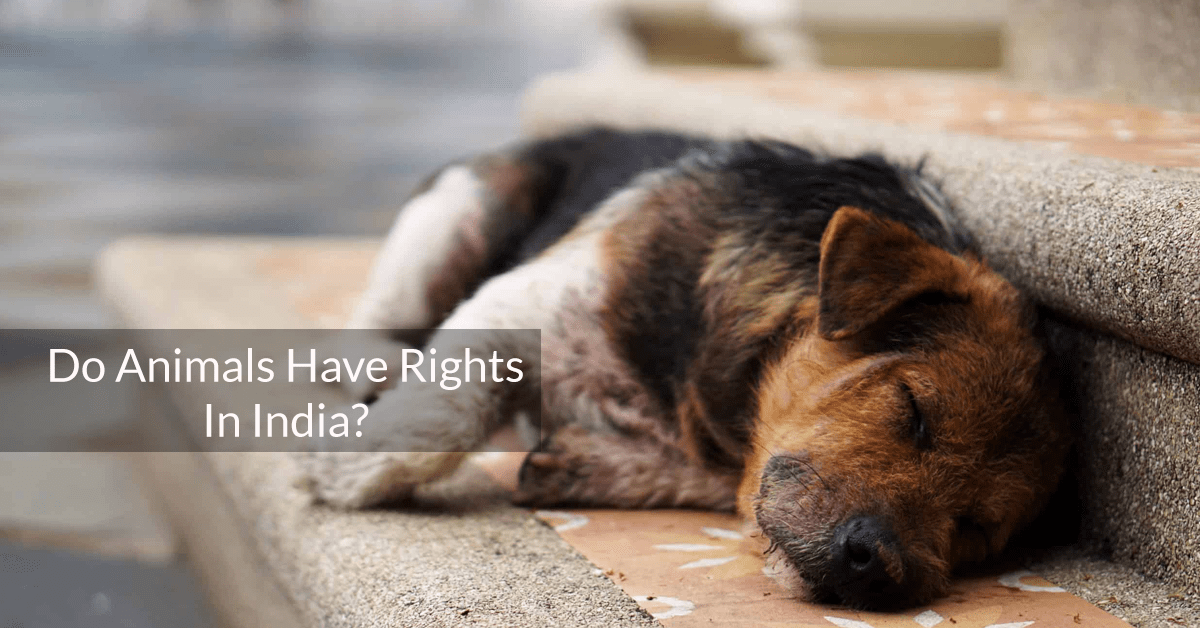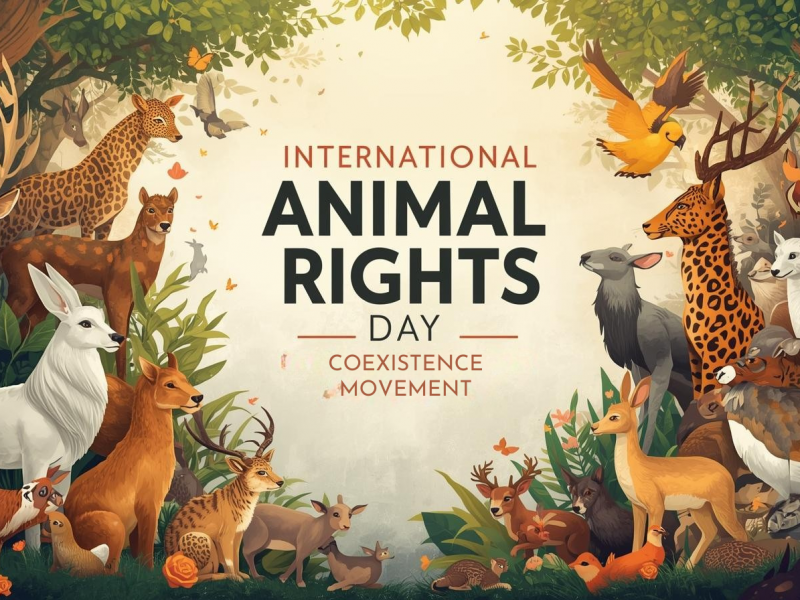What could be the answer to this question in today’s times- Do animals have rights in India? The answer is yes! In India’s Constitution, it is Article 21, which states that every species has a right to life and security. The mandate essentially declares that animals are entitled to a life of dignity, honour and bodily integrity, with the same innate values that human beings have learnt to venerate.
Yet, as a country, India is still trying to progress in terms of furthering animal welfare. In 2019, the Punjab High Court and Haryana recognized all the animals in the animal kingdom, whether terrestrial, arboreal, avian or aquatic, all legal entities. Under this decree, all of Haryana and Punjab’s human residents were recognized to be the legal guardians of these animals.
But obviously, all of India’s creatures are yet to be recognized as legal entities, so let’s take a look at the laws painstakingly drafted to serve and protect animal welfare, the most important of which is the Prevention of Cruelty to Animals Act of 1960 and the Wildlife Protection Act of 1972. The edicts themselves are incredibly comprehensive, so My Furries are here to keep things short and sweet by providing our readers with just salient points.
The Prevention of Cruelty to Animals Act, 1960, was the initiatory act that focused on maintaining animal welfare, and it encompasses a variety of laws for a diverse group of animals. Generally speaking; however, every animal is entitled to a life free from cruelty. The act of cruelty includes beating, maiming, mutilating, abandoning, emaciating, etc., which are all considered crimes. If you’re looking to read extensively on the subject, click here.
- For Street Animals
- Displacing any street dogs is prohibited.
- Subjecting any animal to torture or cruelty is punishable.
- Beast of Burden and Cattle
- Overworking or employing an unfit animal is a crime.
- Confining an animal in a space that is insufficient to move around is a crime.
- Transporting unhealthy or pregnant animals is also a crime.
- Phooka or doom dev calls for a penalty.
- Pets and Animal Companions
- Intimidating an owner into abandoning their pet is a crime.
- Abandoning a diseased animal to die on the street.
- The Wildlife Protection Act.
“Wildlife” includes any flora and fauna, be it aquatic or terrestrial, that forms a feature of a habitat. The list of all the protected animals can be accessed here and hunting or maiming any of these creatures is a crime.
- Wild Animals
- Hunting wild animals or endangered is prohibited.
- The purchase of wild animals from dealers without licenses is illegal.
- Aquatic Animals
- To commercially exploit dolphins, which is also India’s national aquatic animal, is prohibited.
- Avian Animals and Reptiles
- To hunt birds for a game by releasing from captivity or otherwise, is a crime.
- It is nefarious to disturb or break the eggs of reptiles or birds deliberately.
The laws also include laws that protect captive and performing animals, but the jury’s still out on whether or not those animals have rights. You can learn more about the regulations for zoo animals here.
In the years of yore, however, India was one of the 5 civilisations that worshipped animals. Out of them our mythology is replete with examples where animals have always been treated as equals by humans. Take, for example, the story of the dog who went to heaven with Yudhisthira and also the puppies who are worshipped as the carrier of Kaal Bhairava. Even Mother Goddess Parvati had once transfigured into a cat to play with his young son, Lord Ganesha. Our society had been benevolent towards animals since ancient times.
Whereas the Greeks saw them as creatures who lived in a separate world, and the Romans saw them as instruments to be exploited for human survival, it was the Indians who viewed them as beings of grace and dignity.
In modern times, our civilizations have forgotten those stories that come with their lessons which talk about the respect and dignity the animal kingdom deserves from us.
Haryana and Punjab’s case recognizing non-human animals as legal entities was a step in the right direction for animal welfare and not to mention, the first country in Asia to prohibit cosmetic testing on animals was India, so things are slowly improving.
With all of the global discourse about climate change and animal wellbeing, it is up to the citizens to uphold these edicts to ensure that progress is being made for a more sustainable environment. The Indian attitude towards animals has depreciated significantly, and changing it is essential.
Don’t miss out on law-related protocols for animals in India by subscribing to MyFurries.



